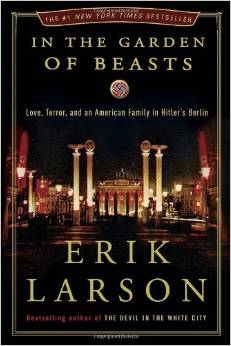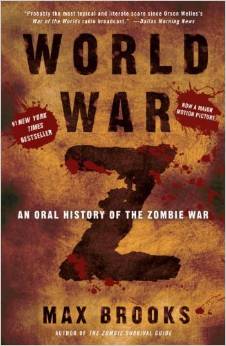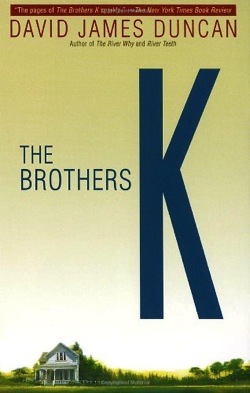I just finished teaching a class at Covenant Presbyterian Church called “If Holiness Is By Grace, Then Why Am I Such a Mess?” It’s been a fun class to teach and is, in essence, an expansion on the thoughts recorded previously on this site. The audio for the class is posted on the CPC web site.
Or at least most of it is. The recording of the sixth and final class got garbled at some point so that it no longer exists. So if you have listened to the classes, and missed the last one, I would encourage you to at LEAST read this as a summary of the content of that class.
For that class, I prepared a list of resources which I thought might be good to share here. It is presented with the hope that any who continue to work through and wrestle with what it means to be a follower of Christ might find some continued help and encouragement along the way from some very gifted fellow pilgrims.
❦ ❦ ❦
Resources / If Holiness Is by Grace, Then Why Am I Such a Mess?
Some of you may want to read more regarding this subject. This listing is in no way comprehensive and it bears no authority. These are simply resources which have had a positive impact on me over the years. I share them hoping that perhaps they might have the same impact on others. (And perhaps I need not say it, but I will anyway – a reference to a book or author does not mean I endorse everything that author says or that book contains!]
About the gospel
If we are to rejoice in the gospel, a great help is good preaching that articulates and applies the gospel.
I recommend listening to the sermons here listed under the heading of ‘The Gospel’.
Clarity about the gospel as well comes through this little book:
Timothy Keller, The Prodigal God
About Jesus
I have come to the conviction that we lose enthusiasm for following Jesus when we lose sight of who he is. To that end, of course, read the gospels. But I have been greatly helped over the years by this little book. It is increasingly hard to find, but I have a loaner copy that I am willing to share. We will want to obey the one we love; this book helps us learn to love Jesus.
R. T. France, I Came to Set the Earth on Fire [Also published under the title Jesus the Radical. Though out of print, this is often available here: http://www.abebooks.com ]
Aimed at a bit more scholarly crowd, this book never fails to move my soul:
Donald Macleod, The Person of Christ
About God
To know God is to know something about the way he works. To know something about the way he works is critical to understanding his role in our sanctification. Helpful over the years for me have been these:
J. I. Packer, Knowing God
John Piper, Desiring God
About idolatry
At the heart of ungodly behavior is idolatry. Some helpful reflection on that is found here:
Timothy Keller, Counterfeit Gods
About Sanctification Itself
Of the writing of books about sanctification, there is no end. These three will help direct your thoughts on the matter, and challenge, perhaps, your previous thinking.
Francis Schaeffer, True Spirituality
Bryan Chapell, Holiness by Grace
Steve Brown, A Scandalous Freedom
On Mortification
The practical matters of the mortification of sin were famously addressed by the Puritan John Owen. Recently, Kris Lundgaard has attempted to repackage Owen’s ideas for a modern audience. The link to Owen’s book is actually a reprint of it with helpful analysis called Overcoming Sin and Temptation but there are many editions of Owen’s original out there.
John Owen, On the Mortification of Sin
Kris Lundgaard, The Enemy Within
And because everything this guy writes is worth reading…
That sounds gratuitous, but it isn’t. I was shaped greatly by John Frame long before I became his pastor, though I never was a student of his. I was not able in the preparation of this material to read John’s discussion of sanctification, but you can do so, with great profit I am sure, in his newly published systematic theology.
John Frame, Systematic Theology
And just because I MUST have a Eugene Peterson book on this list
Eugene Peterson is so level headed and real. He writes about the Christian life from the point of view of a pastor of real people. These are his reflections on the Psalms of Ascent. A classic work.
Eugene Peterson, A Long Obedience in the Same Direction
Finally, avoid books that just tell you to work harder
This will be the bulk of what is written. If you do read such a book, you might still profit IF you remember the context in which our work occurs, and where the source of real change lies.
To God be the glory.
February 23, 2014





